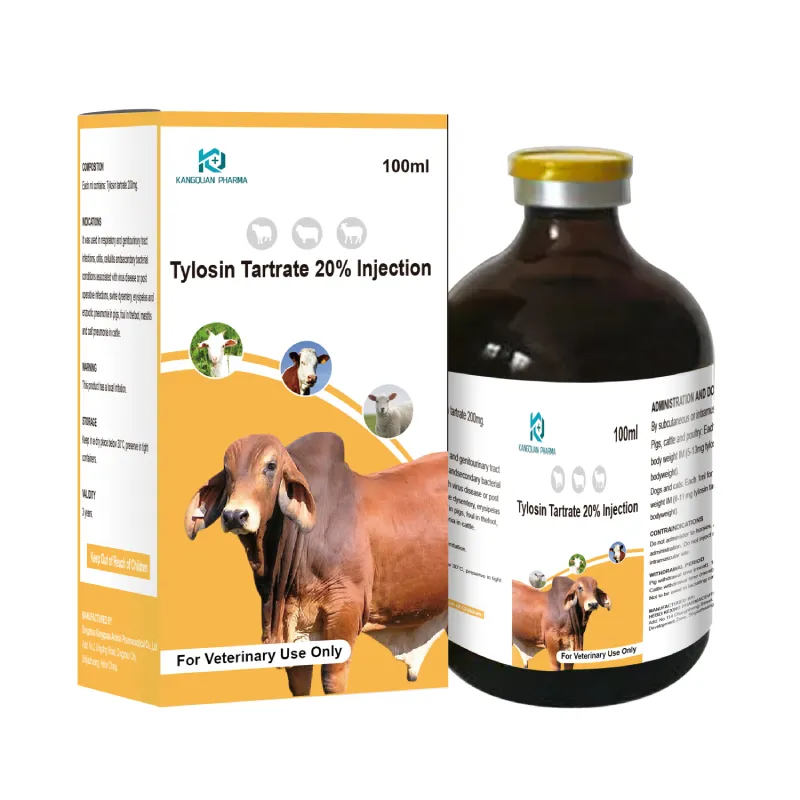- Afrikaans
- Albanian
- Amharic
- Arabic
- Armenian
- Azerbaijani
- Basque
- Belarusian
- Bengali
- Bosnian
- Bulgarian
- Catalan
- Cebuano
- Corsican
- Croatian
- Czech
- Danish
- Dutch
- English
- Esperanto
- Estonian
- Finnish
- French
- Frisian
- Galician
- Georgian
- German
- Greek
- Gujarati
- Haitian Creole
- hausa
- hawaiian
- Hebrew
- Hindi
- Miao
- Hungarian
- Icelandic
- igbo
- Indonesian
- irish
- Italian
- Japanese
- Javanese
- Kannada
- kazakh
- Khmer
- Rwandese
- Korean
- Kurdish
- Kyrgyz
- Lao
- Latin
- Latvian
- Lithuanian
- Luxembourgish
- Macedonian
- Malgashi
- Malay
- Malayalam
- Maltese
- Maori
- Marathi
- Mongolian
- Myanmar
- Nepali
- Norwegian
- Norwegian
- Occitan
- Pashto
- Persian
- Polish
- Portuguese
- Punjabi
- Romanian
- Russian
- Samoan
- Scottish Gaelic
- Serbian
- Sesotho
- Shona
- Sindhi
- Sinhala
- Slovak
- Slovenian
- Somali
- Spanish
- Sundanese
- Swahili
- Swedish
- Tagalog
- Tajik
- Tamil
- Tatar
- Telugu
- Thai
- Turkish
- Turkmen
- Ukrainian
- Urdu
- Uighur
- Uzbek
- Vietnamese
- Welsh
- Bantu
- Yiddish
- Yoruba
- Zulu
8 月 . 12, 2024 12:38 Back to list
Gentamicin Sulfate Ear Drops for Treating Ear Infections and Promoting Ear Health
Gentamicin Sulfate for Ear Treatment An Overview
Gentamicin sulfate, an aminoglycoside antibiotic, is widely acknowledged for its effectiveness against a range of bacterial infections. One of the notable applications of this antibiotic is in the treatment of ear infections. Understanding how gentamicin sulfate works, its indications, and potential side effects is essential for anyone considering its use for ear ailments.
Mechanism of Action
Gentamicin sulfate functions by inhibiting bacterial protein synthesis. It binds to the 30S subunit of the bacterial ribosome, disrupting the formation of proteins that are critical for bacterial growth and replication. This mechanism makes gentamicin effective against a variety of gram-negative and some gram-positive bacteria, which are commonly responsible for ear infections, particularly in the middle ear (otitis media) and outer ear (otitis externa).
Indications
Gentamicin sulfate is primarily indicated for the treatment of infections caused by susceptible organisms in the ear. It is commonly used in the form of ear drops or ointments, specifically devised to deliver the antibiotic directly to the affected site. This localized approach allows for high concentrations of the drug in the ear while minimizing systemic exposure and side effects.
Indications for gentamicin sulfate include
1. Otitis Externa Inflammation or infection of the ear canal that may be due to bacteria, fungi, or allergies. 2. Otitis Media An infection of the middle ear that can cause pain, fever, and irritability in children. 3. Post-Surgical Infections Used as a preventive measure or treatment option following ear surgeries, including tympanostomy tube placement.
gentamicin sulfate for ears

Administration and Dosage
Gentamicin sulfate is commonly administered in the form of ear drops. The usual dosage involves instilling several drops into the affected ear multiple times a day, depending on the severity of the infection and the specific formulation used. It's crucial for patients to follow the prescribed dosage and administration guidelines to ensure optimal results and reduce the risk of resistance development.
Potential Side Effects
While gentamicin sulfate is generally well-tolerated, there are potential side effects that patients should be aware of. Localized reactions such as irritation, itching, or redness at the application site may occur. In some cases, patients might experience a temporary sensation of fullness in the ear or mild dizziness.
Systemic absorption of gentamicin from topical administration is rare; however, caution is necessary, particularly in individuals with pre-existing renal impairment or those who are taking other ototoxic medications. Long-term use or misuse of gentamicin can contribute to broader antibiotic resistance, making it crucial to use this medication only as directed by a healthcare professional.
Conclusion
Gentamicin sulfate is a potent antibiotic that plays a vital role in treating various ear infections. Its localized application makes it a preferred option for managing infections while minimizing the systemic side effects commonly associated with oral or intravenous antibiotics. However, as with all medications, it is essential to use gentamicin sulfate judiciously and under medical supervision to ensure its effectiveness and mitigate potential risks. For those experiencing ear discomfort or suspected infections, consulting a healthcare provider for appropriate evaluation and treatment options is always recommended.
-
The Power of Radix Isatidis Extract for Your Health and Wellness
NewsOct.29,2024
-
Neomycin Sulfate Soluble Powder: A Versatile Solution for Pet Health
NewsOct.29,2024
-
Lincomycin Hydrochloride Soluble Powder – The Essential Solution
NewsOct.29,2024
-
Garamycin Gentamicin Sulfate for Effective Infection Control
NewsOct.29,2024
-
Doxycycline Hyclate Soluble Powder: Your Antibiotic Needs
NewsOct.29,2024
-
Tilmicosin Premix: The Ultimate Solution for Poultry Health
NewsOct.29,2024













